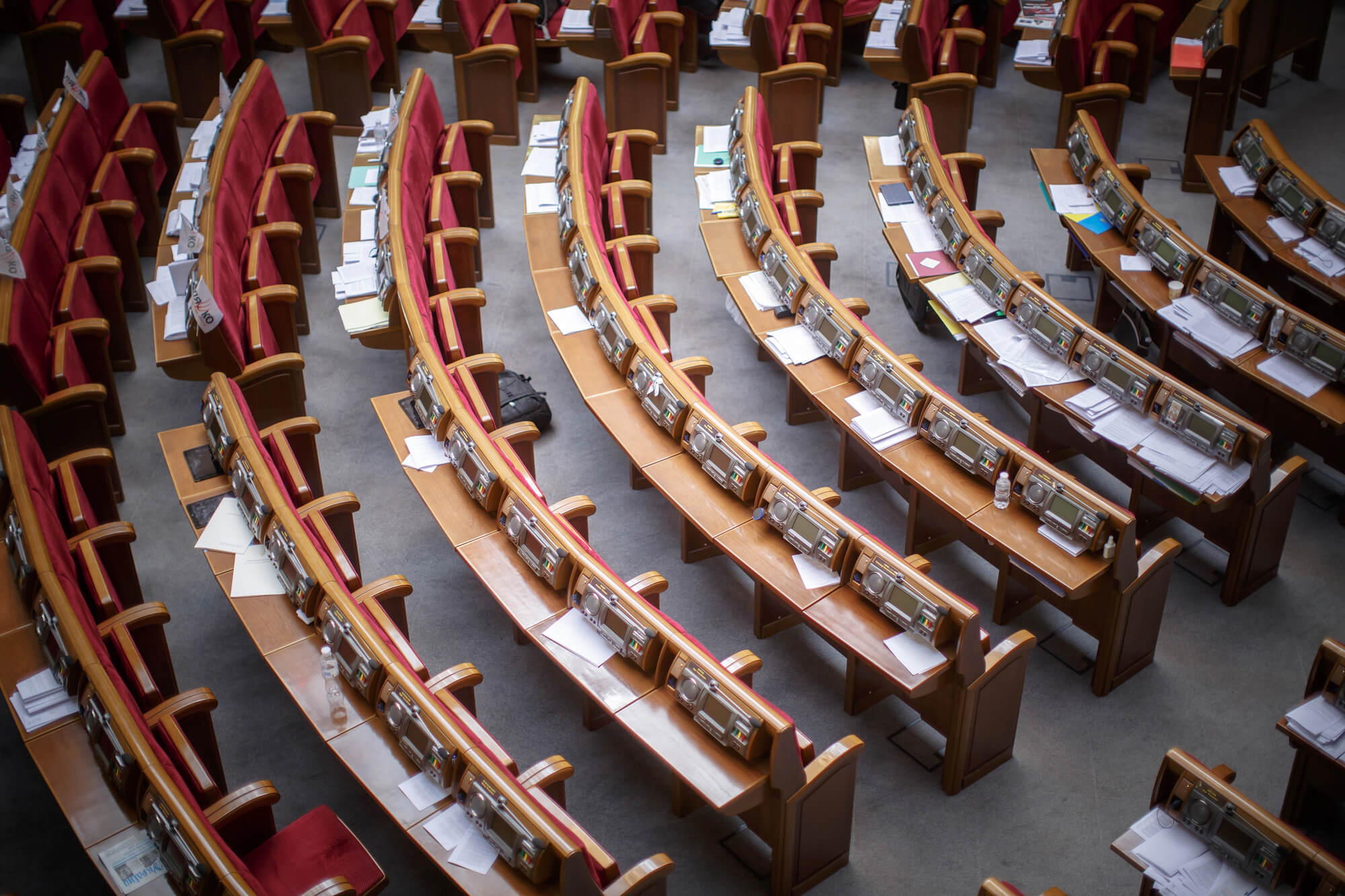16 January President Poroshenko submitted a draft law to Parliament aimed at denouncing the constitutional guarantee of parliamentary immunity, except for non-liability for statements made in Parliament and for voting. The wider guarantees of immunity aimed at shielding MPs from criminal prosecution (often called inviolability) would be abolished altogether. On 5 February the Verhovna Rada approved the draft law in the first reading and submitted it to Constitutional Court for review. Provided Constitutional Court finds the abolishment of inviolability in line with the Ukrainian Constitution, Parliament will proceed with the second reading of the draft law in September this year. This constitutional amendment would need to garner at least 300 votes.
These changes are portrayed as bringing the legal framework into compliance with international and European obligations and practices. However, there are no international obligations related to the parliamentary immunity and the European practice on this is varied. Indeed, parliamentary immunity is a double-edged sword. It can facilitate corruption, but it can also protect parliament from undue pressure by other branches of power. This protection is not crucial in countries with stable and mature democratic institutions, established solid party policy, independent and autonomous judiciary, high level of protection over individual political rights, and guarantees for functioning opposition in parliament. Ukraine does not necessarily fulfil conditions that would favour or justify a abolition of inviolability.
Ultimately, the members of Ukraine’s Parliament will have to judge if impunity for criminal activities of MPs implies a higher risk than undue pressures on parliamentarians at this stage of the transition. While the judiciary is still predominantly unreformed and the rule of law remains weak in Ukraine, there may be arguments in favour of a more considerate reform which narrows the concept of inviolability and clarifies the process of lifting MP’s immunity in line with the following Council of Europe’s Venice Commission’s recommendations:
- To limit the scope of inviolability by the Constitution or law (and exclude from the scope of parliamentary immunity a liability for “flagrante delicto”, serious criminal offences, minor or administrative offences);
- To enshrine in law a detailed and clear rules for lifting inviolability that correspond to basic procedural principles (clarity, transparency, predictability, non-arbitrariness);
- To provide clear criteria for prompt and reasoned decisions on lifting immunity (in particular to ensure that one single decision on lifting immunity within the same proceedings is sufficient).
Attention
The authors do not work for, consult to, own shares in or receive funding from any company or organization that would benefit from this article, and have no relevant affiliations




